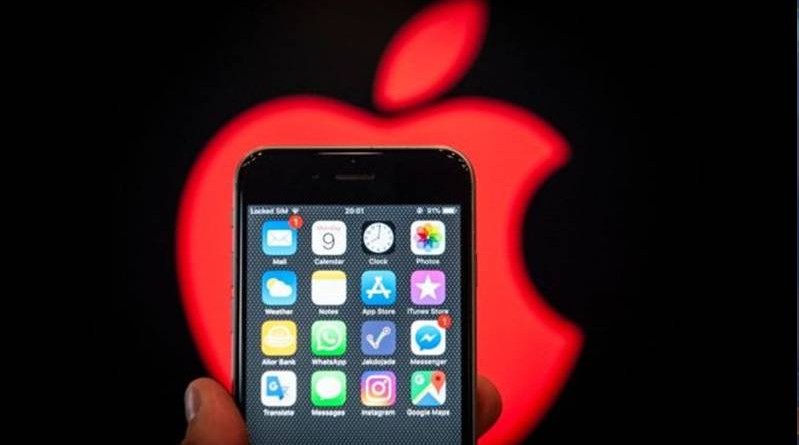Apple clarifies transaction policies on use of cryptos and NFTs in the App Store
Apple outlined what apps can do with cryptocurrencies and non-fungible tokens (NFTs) in a clarification of its policies around these technologies.
Apple stated on Monday that apps may support “transactions or transfers of cryptocurrency on an authorised exchange” in the new App Store guidelines. However, the software can only be made available in nations or areas where it is legally permitted to run a cryptocurrency exchange.
“Apps may not employ their own mechanisms,” such bitcoins or cryptocurrency wallets, to unlock content or functionality.
NFTs, which are typically bought with cryptocurrencies and can be a digital representation of a physical object like artwork, have their restrictions defined by Apple.
According to the rules, apps are allowed to sell NFTs and services associated to them, such as the minting, listing, and transferring of these tokens, through in-app purchases. As long as the applications “do not feature buttons, external links, or other calls to action that direct customers to purchasing mechanisms other than in-app purchase,” users are also permitted to browse NFT collections owned by others.
All of this implies that any type of NFT trading service must make advantage of Apple’s in-app purchasing system. In-app purchases are subject to an Apple fee of up to 30%. Given the 30% cut Apple takes, this severely limits the types of NFT-related services that can be provided while in no way outlawing NFTs.
As long as the token does not “unlock features or functionality within the app,” users can view the NFTs they own within that app. Users frequently purchase NFTs as a way to gain access to restricted areas of a service or even as a kind of app membership card. However, Apple has stated that some of this will not be permitted.
App developers have long protested Apple’s 30% share, claiming that the tech giant has an unfair monopoly on in-app transactions. Apple claims that because it controls the App Store, it can guarantee the safety of apps and transactions. It has also been said that the App Store gave rise to a prosperous app ecosystem that enables developers to profit.
The 30% cut was the focus of a prominent legal dispute between Apple and Fortnite creator Epic Games. The market for cryptocurrencies has lost around $2 trillion from its peak in November, making 2017 a tumultuous and difficult year overall.




